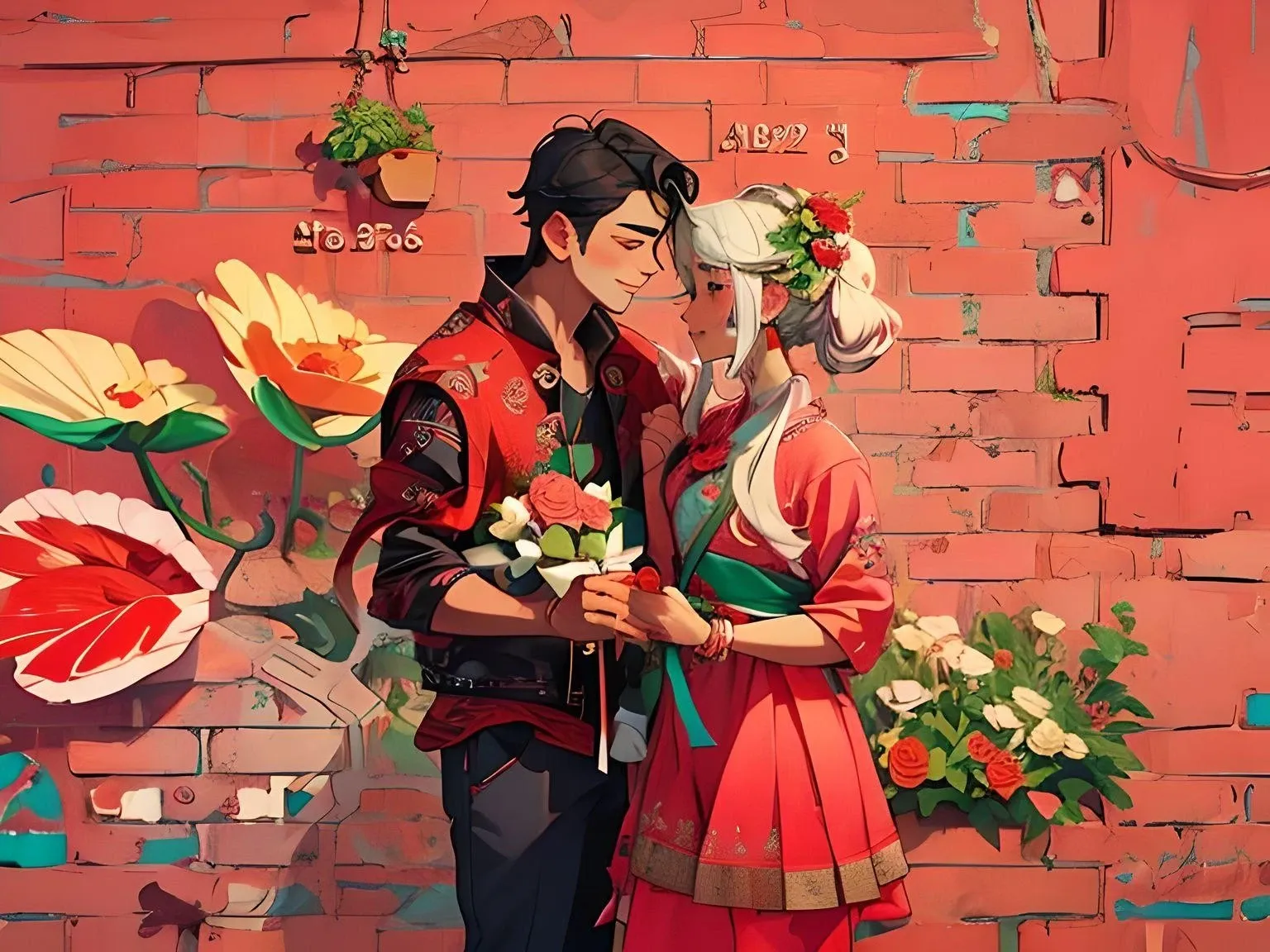When and Who Started celebrating Rose Day ? Understand it's Significance
The concept of celebrating Rose Day as part of Valentine's Week is believed to have originated in the West, particularly in Europe and the United States, where Valentine's Day has been celebrated for centuries. The exact date and person credited with starting Rose Day are not well-documented, as it likely evolved organically over time as part of the broader tradition of Valentine's Week.
However, the modern observance of Rose Day as we know it, with the exchange of roses as a symbol of love and affection, gained popularity in the late 20th and early 21st centuries. It became particularly prominent in Asian countries where Valentine's Week is celebrated with great enthusiasm.
The introduction of Rose Day as the first day of Valentine's Week is often attributed to the influence of Western culture and the commercialization of Valentine's Day celebrations. As businesses capitalized on the growing trend of celebrating Valentine's Week as a way to boost sales of flowers, cards, and gifts, Rose Day emerged as a key component of the week-long celebration.
While there is no single individual credited with starting Rose Day, its observance has become deeply ingrained in popular culture, particularly in countries where Valentine's Day is widely celebrated. Today, Rose Day continues to be celebrated annually on February 7th, marking the beginning of Valentine's Week and setting the stage for a week filled with expressions of love, romance, and affection.
Significance of Rose Day
Every year on February 7th, people around the world celebrate Rose Day, marking the beginning of Valentine's Week. Rose Day holds special significance as it sets the tone for the upcoming days filled with love, romance, and affection. In this unique and simple blog, we'll explore why Rose Day is celebrated and its importance in expressing emotions through the timeless beauty of roses.
1.Historical Roots
Rose Day traces its origins back to ancient times when roses were revered for their beauty and symbolism. Throughout history, roses have been associated with love, passion, and admiration, making them a timeless symbol of romance and affection. The tradition of celebrating Rose Day gained popularity in the modern era as a way to kick off Valentine's Week with a gesture of love and appreciation.
2. Expressing Emotions
Roses have long been used as a means of expressing emotions that words alone cannot convey. Each color of rose carries its own unique symbolism, allowing individuals to communicate their feelings in a subtle yet meaningful way. Red roses symbolize deep love and passion, pink roses represent admiration and gratitude, yellow roses convey friendship and joy, while white roses signify purity and innocence. By gifting roses on Rose Day, people can express their emotions and sentiments to their loved ones in a heartfelt manner.
3. Strengthening Relationships
Rose Day serves as an opportunity to strengthen bonds and relationships by expressing love, appreciation, and affection. Whether it's a romantic partner, family member, friend, or colleague, giving roses on Rose Day fosters a sense of connection and warmth between individuals. The simple act of gifting roses can brighten someone's day, deepen existing relationships, and create lasting memories filled with love and happiness.
4. Symbol of Unity
Roses have the unique ability to transcend cultural and linguistic barriers, making them a universal symbol of unity and harmony. Regardless of nationality, ethnicity, or background, people from diverse cultures and societies share a common appreciation for the beauty and significance of roses. Rose Day celebrates this universal love for roses and encourages people to come together in a spirit of love, compassion, and understanding.
5. Cultivating Romance
As the first day of Valentine's Week, Rose Day sets the stage for romantic gestures and expressions of love throughout the week leading up to Valentine's Day. It serves as an opportunity for couples to reaffirm their love and commitment to each other, creating cherished memories and moments of intimacy. By exchanging roses on Rose Day, couples can nurture their romance and create a romantic atmosphere that continues to blossom in the days ahead.
6. Spreading Joy and Happiness
Beyond romantic relationships, Rose Day is also a time to spread joy and happiness to those around us. Whether it's surprising a friend with a bouquet of roses, brightening a colleague's day with a single stem, or expressing gratitude to family members with a heartfelt gesture, Rose Day offers endless opportunities to spread love and positivity. The simple act of giving roses can bring smiles to faces and uplift spirits, creating a ripple effect of happiness and kindness in the world.
7. Preserving Tradition
In a fast-paced and increasingly digital world, celebrating Rose Day preserves the tradition of expressing emotions through tangible gestures of affection. In an age where communication often occurs through screens and devices, the act of giving and receiving roses on Rose Day fosters a sense of connection and intimacy that transcends virtual interactions. It reminds us of the importance of genuine human connections and the timeless beauty of expressing love through simple yet meaningful gestures.
In conclusion, Rose Day is not just a celebration of roses, but a celebration of love, affection, and human connection. It honors the timeless tradition of expressing emotions through the symbolic language of roses and fosters bonds of love and unity among people from all walks of life. As we celebrate Rose Day each year, let us embrace the beauty of roses and the profound impact they have in expressing the deepest sentiments of the heart.

Join the conversation